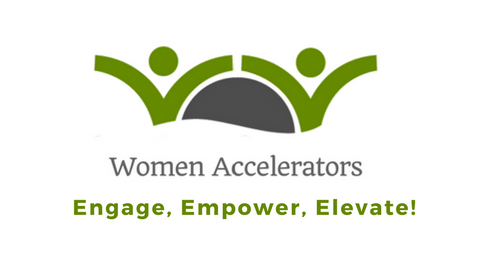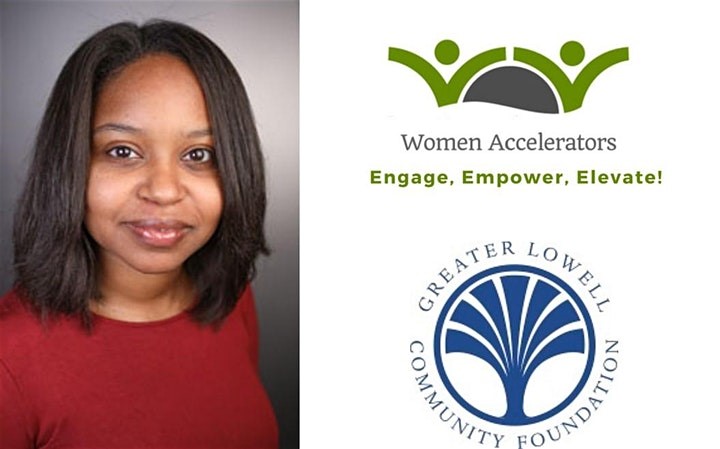As an organization, Women Accelerators aims to help advance women and promote gender equity though creating a centralized network and community where women can access resources to help achieve their career goals.
Women Accelerators welcomed Dr. Alexis Stokes in February to meet their community to discuss issues of diversity, equity, and inclusion. Dr. Stokes serves as the Director of Diversity, Inclusion, and Belonging at the Harvard School of Engineering where she creates systematic changes to support the success of unrepresented minorities, nontraditional students, and education programs.
Below is a summary of Dr. Stokes presentation with information and tips that can be discussed and utilized in your workplace.
Why are diverse, equitable, and inclusive organizations essential?
The world demographics are changing which impacts all environments. This creates a need to change and innovate the way that organizations have always done things. Organizations can empower their communities to get involved and create an environment where the culture values diversity, equity, and inclusion. Inclusive practices benefit everyone within an organization, not just diverse employees.
How can organizations help create diverse, inclusive, and equitable spaces?
It is much more than just hiring an individual for a diversity position. It is about influencing the organizational culture to move beyond simply working in an inclusive environment to contributing to an inclusive environment. Understanding the culture (beliefs, customs, acts) of a group helps develop a strategy to invite and encourages individuals into a conversation and create connections to what is valued. The process should allow individuals in a group to use their privilege and powers to help others. Organizations need to prioritize this as important work that they do as individuals as well as teams.
It is essential that organizations are clear and transparent with employees as to where they currently stand in the journey to become diverse, inclusive, and equitable environments. Sharing a process and timeline can be helpful to allow individuals to visualize how getting involved can impact this work. Being open and honest around data and decisions can allow people to feel more included in work that is going on and to start conversations and help make connections.
For an organization to work on diversity, inclusion, and equity, what resources are necessary?
Organizational culture is a shared responsibility where everyone needs to contribute. Creating diverse, inclusive, and equitable environment requires ongoing commitment and resources to make the initiative successful. Necessary resources include: budget, staffing, a communication plan to internal and external groups, connection to those who hold influential positions in the organization, visibility within the organization, access to data and resources, and training that enhances knowledge and action.
What steps should an organization take to create action around diversity, equity, and inclusion?
An organization needs to include these values as part of their mission. All departments and groups should be held responsible for reporting on their progress and success. Creating accountability as individuals, teams, and organizations helps to develop a culture where expectations, commitment, and reporting become the norm. Additionally, organizations need to share data with people as this knowledge helps to influence actions.
What are some suggestions around how reporting can be done to understand the impact on efforts around diversity, equity, and inclusion?
There are several ways that impact can be evaluated. They include:
- Develop initiative into an organizations strategic plan and create a congruent diversity, equity, and inclusion strategic plan that supplements the larger plan.
- Develop/implement a community standard or code of conduct.
- Goal setting on measurable activities or tasks.
- Include in employee evaluations a way for each induvial to share what they have done to advance diversity, equity, and inclusion.
- Track progress on initiatives implemented and shared findings with the organization.
What can individuals do to support the creation or further development of diversity, equity, and inclusion through their work?
Individuals have the power to influence and create change in many ways:
- Provide micro affirmations of positive things you see and experience. These can be very effective and help others create a culture that respects diversity, equity, and inclusion.
- Give credit to others when appropriate and try to use “we” more than “I” to create a group culture.
- Ask others for opinions and feedback, especially if you notice that they have not had an opportunity to speak.
- Use the preferred pronouns for individuals and work to use inclusive language and images.
- Make eye contact with those you are working and speaking with to create a connection.


